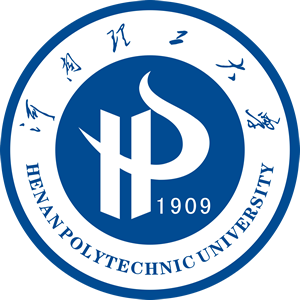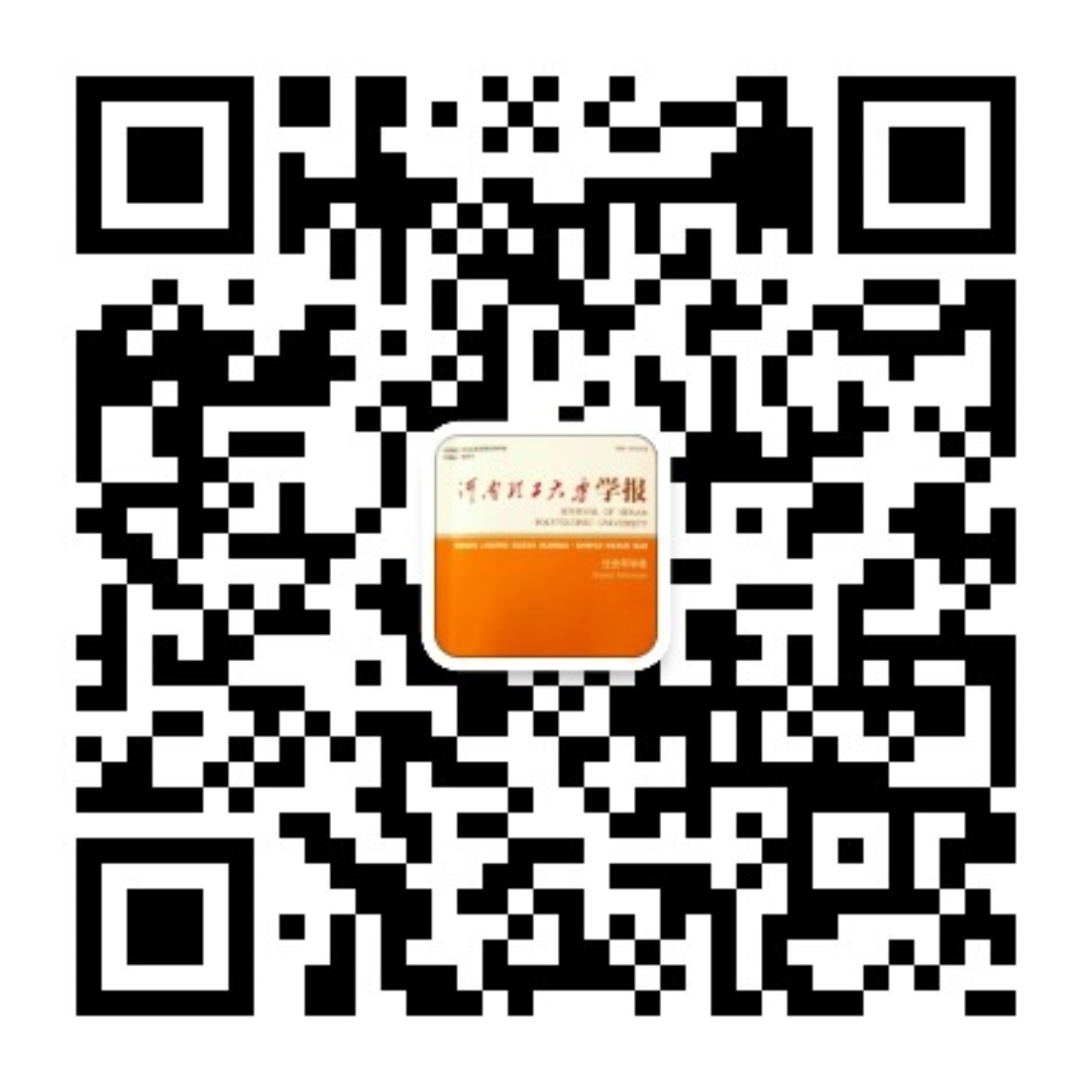
地址: 河南省焦作市高新区世纪路2001号[454000] Tel: 0391-3987069 E-mail: zkxb@hpu.edu.cn,skxb@hpu.edu.cn |

请您访问
|

社会科学版
|
| 供稿: 杨彬 | 时间: 2018-12-16 | 次数: |
作者:杨彬
作者单位:东华大学
摘要:《金瓶梅》是一部以仿拟其他文艺作品为创作特色的伟大小说,但是它在仿拟、引用"雅文学"如诗词等素材的时候,却并不是根据第一手的材料,而是根据引述这些诗词的其他通俗文艺作品而进行仿拟、引用。第十一回中对于李贺诗歌《将进酒》的引用就是一个明显的例证。《金瓶梅》的作者对于正统诗词等"雅文学"(以及真正的上层社会)的陌生,和他对于通俗文艺作品(包括中低层市民生活)的熟悉,使我们有理由质疑:这样的作者尽管不是持"集体创作说"者所称的说书人群体,但恐怕也并非长期以来流传的所谓"大名士"。
DOI:10.16698/j.hpu(social.sciences).1673-9779.2015.04.005
分类号:I207.419
Abstract:While The Golden Lotus has earned the reputation for parodies, the works parodied ( such as poems from the Tang to Ming dynasties) are not the first hand material, instead, they are from a secondary source: the light literature, as is showed in chapter 11 in which Invitation to Wine—a poem by Li He—is quoted. The author of The Golden Lotus was unfamiliar with the elegant literature, such as poetry ( and even the real life of upper society) , while familiar with the light literature ( including the life of townspeople in the bottom society) , which justifies our hypothesis: even though the novel was not authored by a storyteller group, as some scholars have believed, it could hardly be written by a so-called“great celebrity”as widely believed for long.